2.5 lakh names re-enrolled: Rajat Kumar
Mon 18 Mar 2019, 13:01:35
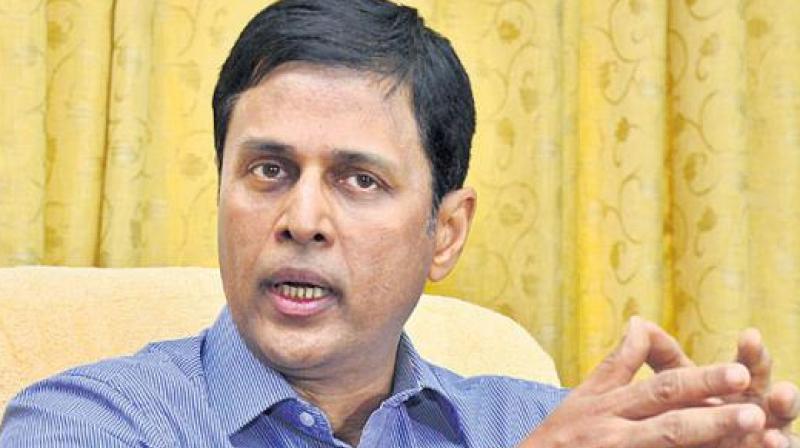
Chief Electoral Officer Rajat Kumar on Saturday said that during the controversial National Electoral Roll Purification of 2015, 35 lakh names of voters were deleted, of which 2.48 lakh names were recently re-enrolled after field-level verification, and that the deleted names were of those who were found to be either dead or had permanently shifted to a different address apart from duplication. However, these names were not reflected in the electoral list for the recent Assembly polls, he said.
Mr Kumar stated that by March 15, the State Election Commission received 6,68,858 applications for inclusion in the electoral rolls. The total number of voters is anticipated to cross three crore prior to the Lok Sabha polls. All voters will be provided with election photo identity cards (EPIC). Booth-level officers have been instructed to distribute EPICs and voter slips by April 5.
The electors who do not have EPIC can also produce any of the following 11 identity documents instead — passport; driver's licence; identity cards with photograph issued by Central or state
governments, PSUs, or public limited companies; bank passbooks with photograph; PAN card; smart card issued by RGI under NPR; MNREGA job card; health insurance smart card issued by labour ministry; pension document with photograph; official identity cards issued to MPs/MLAs/ MLCs and Aadhaar card.
governments, PSUs, or public limited companies; bank passbooks with photograph; PAN card; smart card issued by RGI under NPR; MNREGA job card; health insurance smart card issued by labour ministry; pension document with photograph; official identity cards issued to MPs/MLAs/ MLCs and Aadhaar card.
About EVM, Mr Kumar said the first level check has been completed in most of the districts except Karimnagar, Siddipet, Vikarabad, Mahabubnagar, and Suryapet. The EC has procured ballot units(BU), control units(CU) and Voter Veirified Paper Audit Trails(VVPATs) from Bharat Electronics Limited and ECIL. Mr Kumar also stated that the EC has been not using the controversial EVMs of the 14 assembly segments which were under legal cognizance during the recently concluded Assembly polls.
Regarding VVPAT's sensitivity to light, Mr Kumar said instructions have been given to the poll staff not expose them to sunlight directly. He said the EC had seized illegal assets worth Rs. 5 crore after implementation of the Model Code of Conduct.
No Comments For This Post, Be first to write a Comment.
Most viewed from Hyderabad
Most viewed from World
AIMIM News
Delhi Assembly polls: Owaisi leads Padyatra in Okhla
Feb 01, 2025
We reject this Waqf Amendment Bill: Asaduddin Owaisi
Jan 30, 2025
Latest Urdu News
Most Viewed
May 26, 2020
Which political party will win the Delhi Assembly polls to be held on Feb 5?
Latest Videos View All
Like Us
Home
About Us
Advertise With Us
All Polls
Epaper Archives
Privacy Policy
Contact Us
Download Etemaad App
© 2025 Etemaad Daily News, All Rights Reserved.

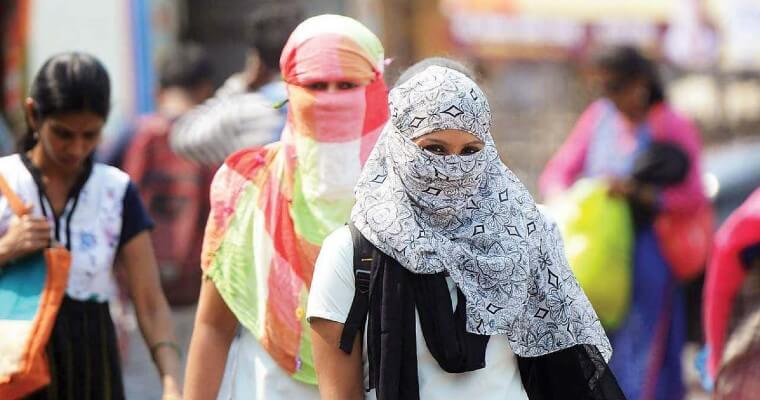
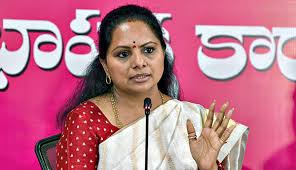
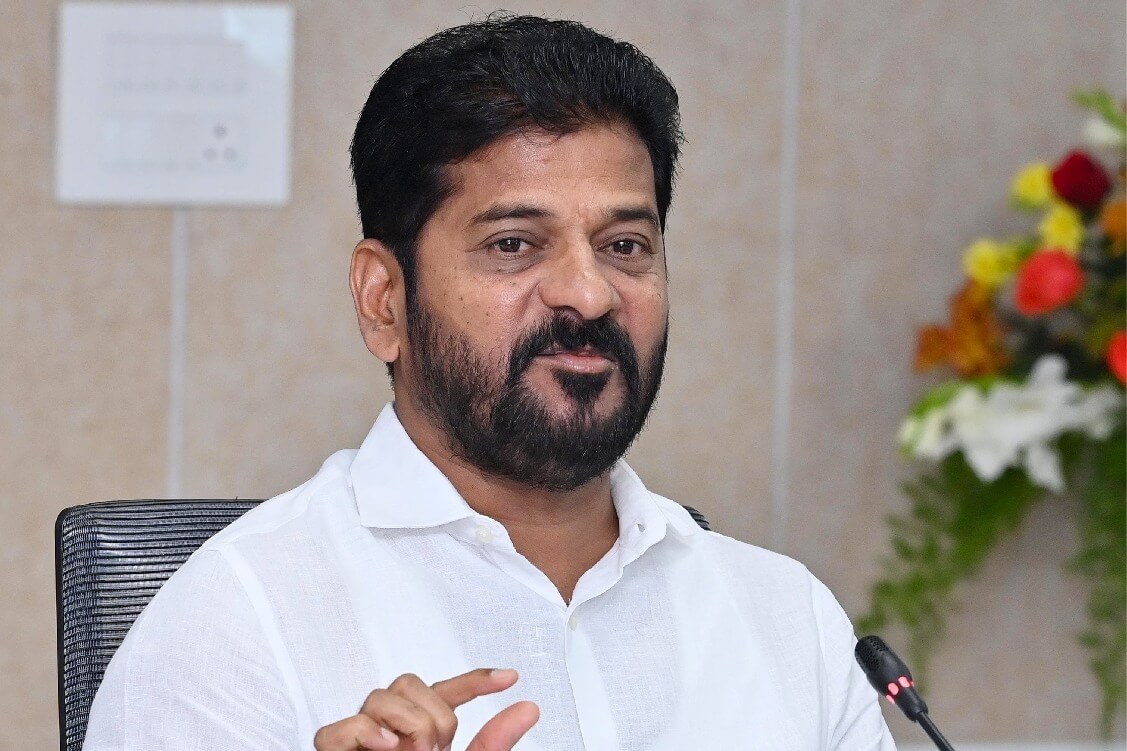
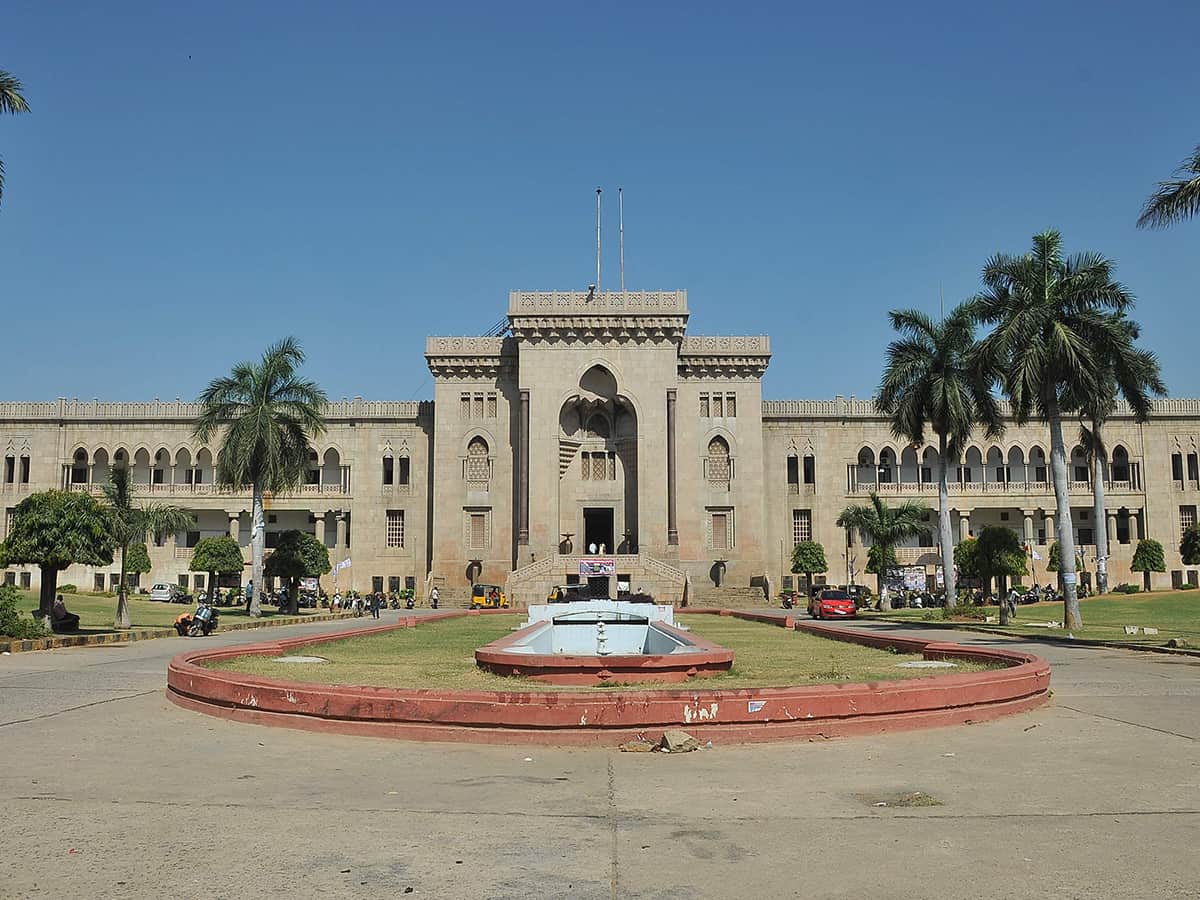
.jpg)
.jpg)
.jpg)
.jpg)
.jpg)
.jpg)
.jpg)
.jpg)
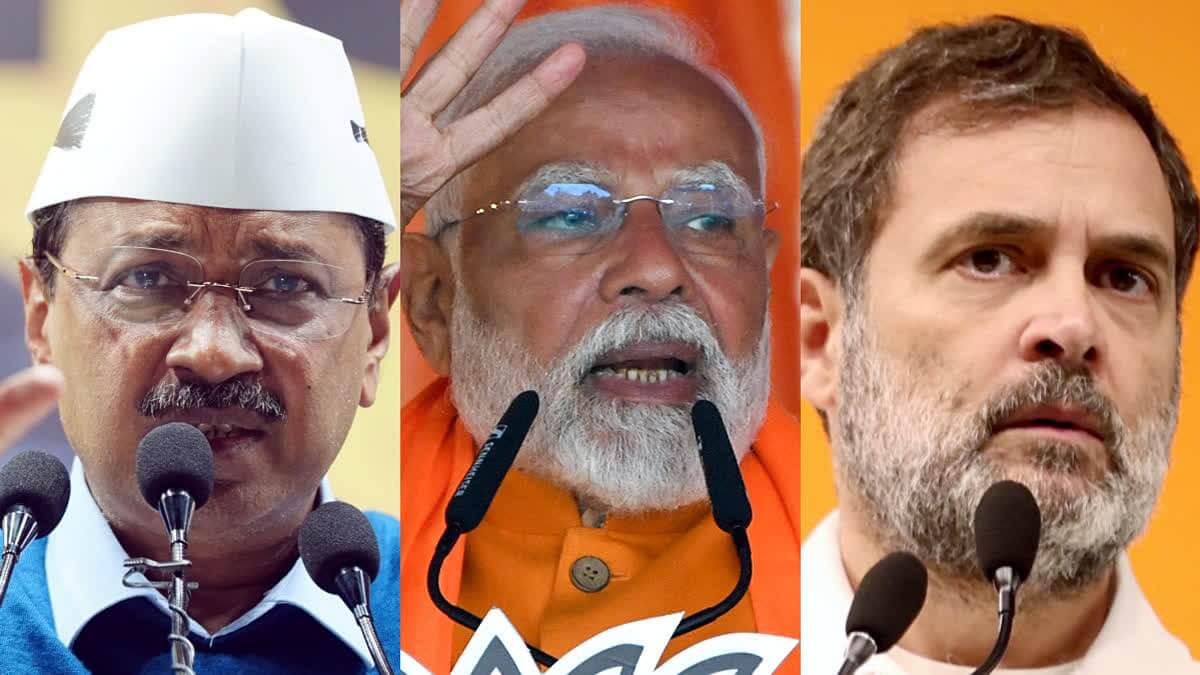
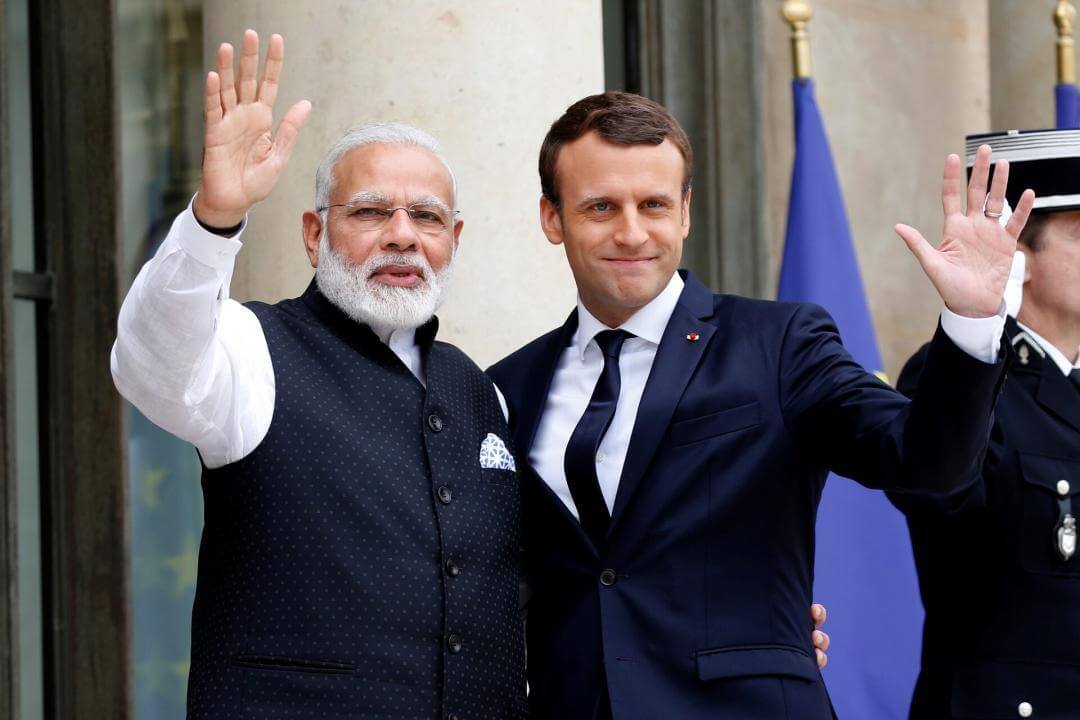
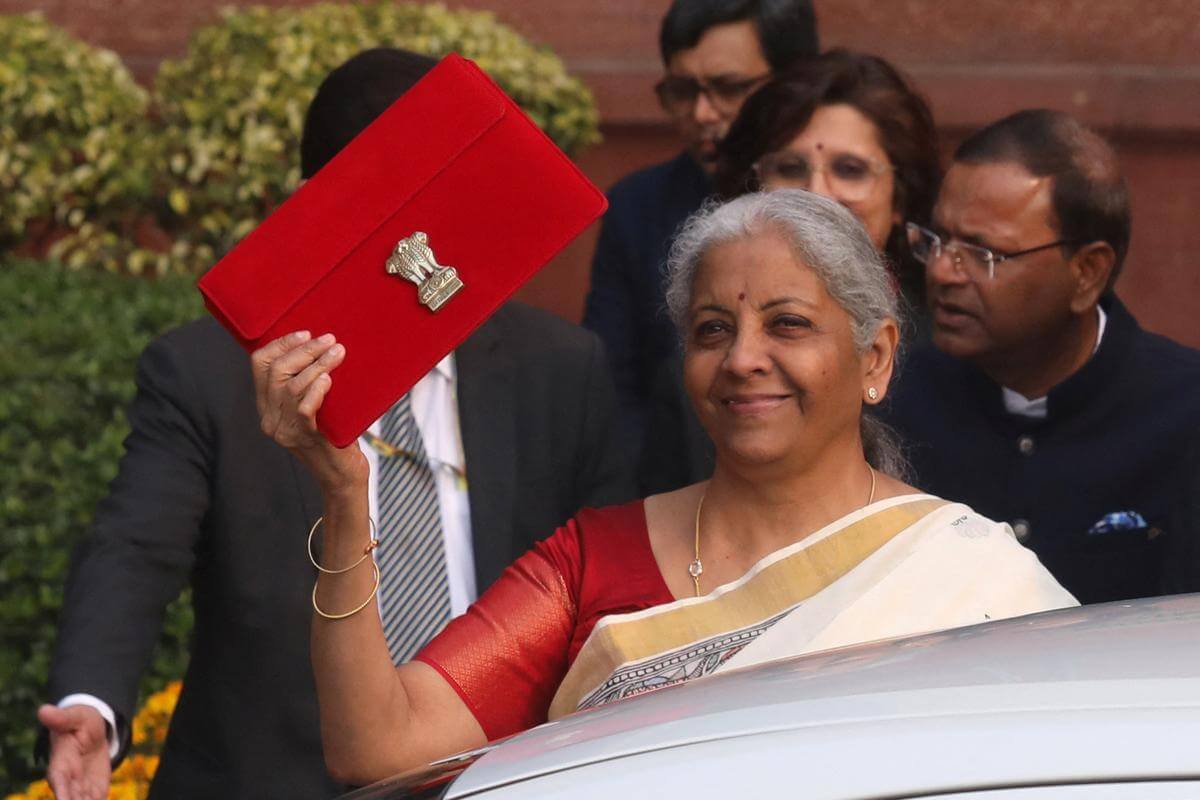
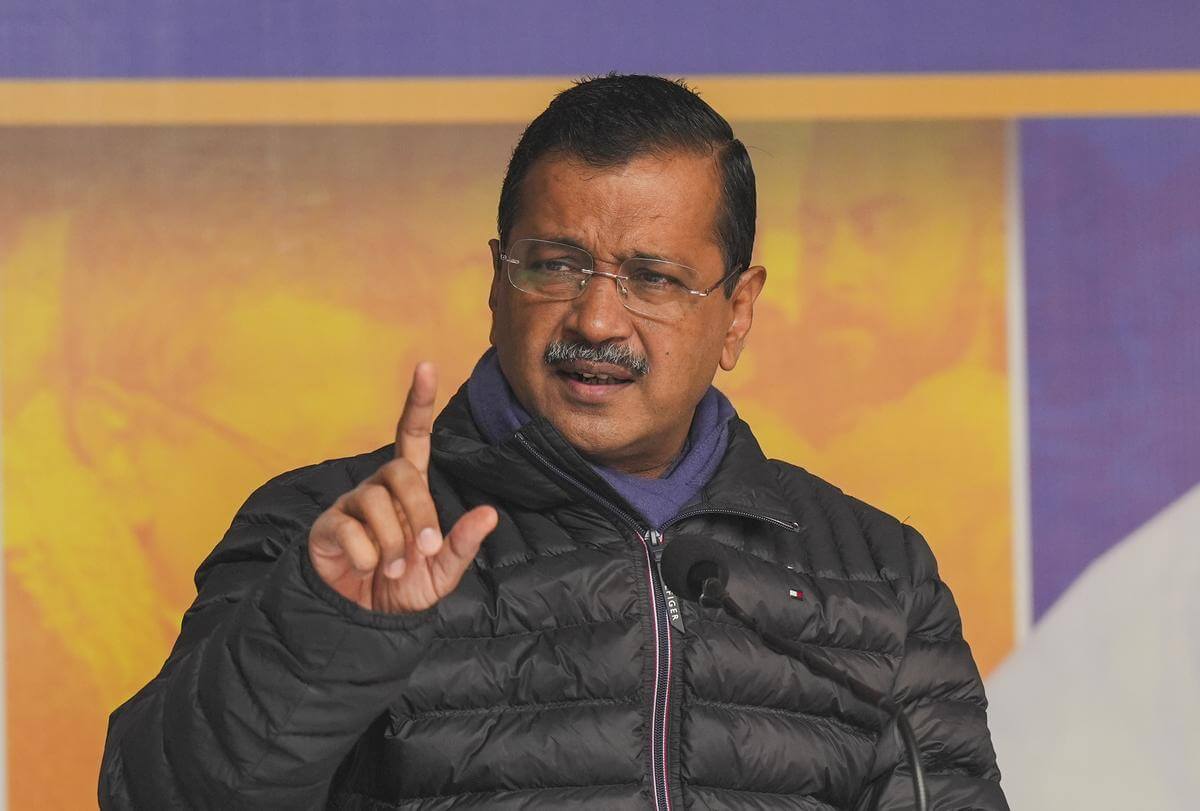
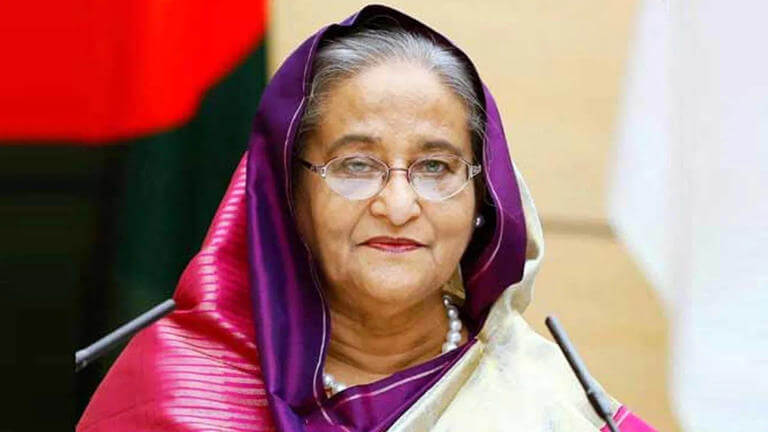
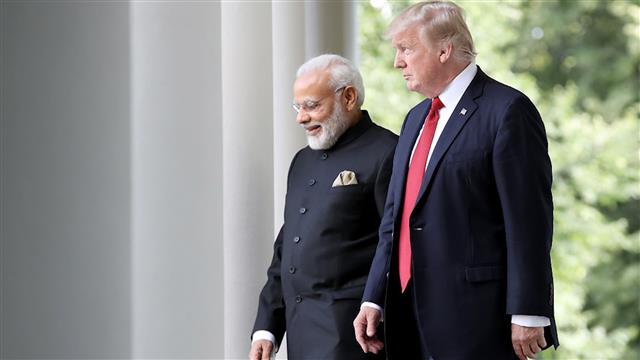
.jpg)
.jpg)
.jpg)
.jpg)
.jpg)
.jpg)

















